Traditionally, Germany’s economy has its main emphasis on successful medium-sized industrial companies. The conventional definition of “small and medium-sized enterprises” sets the upper limit at 50 million euros in annual turnover and a workforce of 500. The SME Research Institute (IfM) in Bonn, several associations and other institutions also mention the management of the company by owners as a feature of small and medium-sized businesses – natural persons hold more than 50 percent of the shares. All legal forms exist, often still business partnerships or sole proprietors. At this point, the situation may become dramatic soon: after all, the expert-predicted wave of insolvency will affect not only companies, but also entrepreneurs!
Although the number of corporate insolvencies has fallen to a record low in the first half of 2020 according to Creditreform, experts expect a significant increase in insolvencies as early as the fourth quarter. Why? Small and medium-sized companies in particular do not have enough equity capital. Up to 40 percent of companies fear for their existence by the end of this year already. Half of all businesses feel endangered until the end of 2021. These companies are often rightly referred to as the backbone of the German economy.
Several sectors are not only threatened by Corona but by structural change as well. Electric cars have considerably fewer parts than vehicles with combustion engines. The second or third level suppliers will massively lose sales. What are the strategic options? Where are the markets that compensate for the upheaval in the automotive industry?
Loss of sales eats up capital reserves
This situation creates a terrible dilemma. Once ore, capital resources play the decisive role here: Corona-related revenue losses devour capital reserves. This, in turn, makes much-needed rationalization almost impossible. The negative developments intensify. At the moment, tax deferrals and bridging allowances are helping to make ends meet. But the pressure from the tax office increases. The officials demand repayment plans, despite the federal ministers Scholz and Altmaier’s new program launches. Every entrepreneur urgently needs clear answers to issues like liquidity, costs and competitiveness in order to know where their company stands:
- How long does our liquidity last?
- How safe are our customers?
- Which orders of new products did we receive?
- How old and competitive is our production system/are our plants?
- What cost potentials can be tapped?
- Do we have cost-cutting options for the product?
- Does our procurement work?
- Are our supply sources safe?
- Are there possible partners for cooperation?
- Do we have any prospective buyers?
More confidence for bank appointments: ConMoto gives entrepreneurs an overview
This questionary is certainly not complete and can only be elaborated for specific cases based on individual parameters. ConMoto applies a QuickCheck to provide instant clarity on your company’s situation. For companies with an annual turnover of up to 50 million euros, we offer our QuickCheck of two days on site plus the preparation of a comprehensive report, which can also be used for bank appointments, for a flat rate of 9,000 euros (plus VAT). For larger companies, we will cooperate with our clients to customize the procedure and scope individually.
Draw on our experience and expertise! Sparring partners help to sharpen the view and focus on the essentials.



 Deutsch
Deutsch